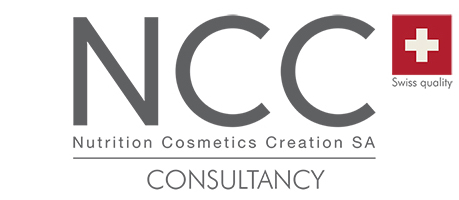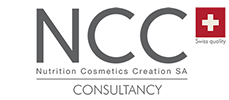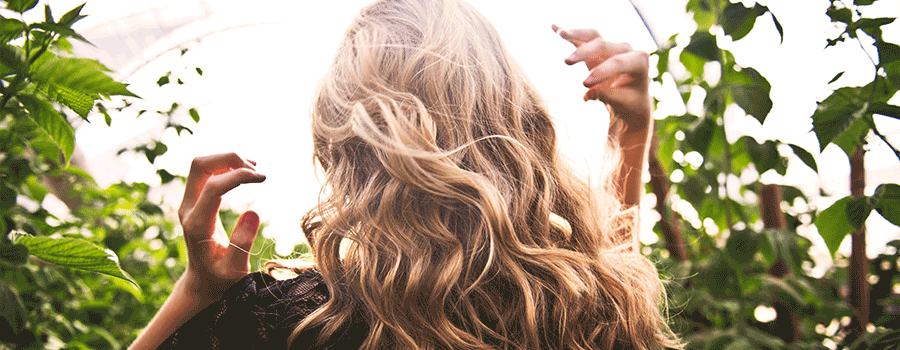While the hair primary function is to protect the head, it plays an important social role. Its degradation is often accompanied by a devaluation of self-image. It is estimated that between 10 and 12 millions of French people have hair problems.
Article realized in collaboration with David Martinetto – Analytical Expert, Pharmaceutical Industry
Many factors intervene in the process of hair degradation:
- Environmental causes: climate (heat), pollution, salt water, chlorinated water…
- Mechanical causes: brushing
- Chemical causes: coloring and discoloration, permanent
- Genetic factors: alopecia
- General state of health: stress, deficiencies (vitamins, minerals…), pregnancy, diet, etc.
- Taking medication
The etiologies are numerous and the purpose of this article is not to discuss problems requiring allopathic treatment.
Many natural solutions (plants, essential oils, nutricosmetics…) allow to treat them efficiently.
The most frequent hair problems are:
- loss
- dandruff
- oily
- dry
Hair loss or alopecia is very common and in the absence of trauma, the scalp regrowth is possible. From birth we have a capital of hair follicles that will decrease with time.
Apart from “normal” loss – between 45 and 60 hairs per day – which affects both women and men, there are different causes of excessive hair loss:
- genetic origin: it accounts for 90% of hair loss.
- nutritional origin: malnutrition, deficiencies in fatty acids and essential minerals
- drug cause: some drugs cause a reversible fall
- hormonal origin: hormonal dysfunction can lead to hair loss.
- stress: one or more environmental phenomena can be the source of hair loss that will not occur until a few months after the event.
Dandruff: one out of two people is affected. In addition to its unsightly appearance, it can result from seborrheic dermatitis, which will require a consultation with a dermatologist.
Dandruff is the result of excessive scalp desquamation.
They can be dry or oily and are due to the proliferation of saprophytic yeasts.
Phyto-therapy gives good results in treating dandruff:
- Spanish red thyme: anti-irritation and purifying.
- Myrtle rich in polyphenols naturally anti-dandruff
- Nasturtium for dry dandruff
Essential oils are also interesting:
- Tea tree EO: anti-fungal properties
- Rosemary EO with lineole: soothing action for the scalp
- Eucalyptus globulus EO: regulates the lack of sebum in dry hair, effective against dry dandruff.
- EO of Atlas cedar: purifying action, effective against greasy films.
Dry hair is the result of a lack of sebum and water, which make up the hydrolipidic film.
The result is a fragile cuticle, the hair becomes rough, brittle and difficult to style.
The scalp is irritated with a pulling sensation.
Care based on plants, oils and essential oils are effective:
- Avocado, evening primrose, coconut and castor oils: rich in essential fatty acids.
- Aloe vera gel, hyaluronic acid: intense hydration
- Essential oils of Ylang-ylang, lavender, cedar wood …
Food supplements provide essential nutrients to dry hair from the root:
- Linseed, evening primrose or borage seeds: essential fatty acids
- Vitamin B6 (naturally present in oily fish, poultry, sunflower and pistachio seeds…)
- Soy lecithin
Oily hair is the result of hyper-seborrhea (overproduction of sebum) by the sebaceous glands. The excess sebum flows outwards and permeates the hair.
The hair appears shiny, sticky and dull.
It is difficult to style and the hairstyles do not hold. The result is an aesthetic discomfort.
The care will consist in regulating this excess of sebum.
Green clay applied as a mask will absorb this excess.
Treatments based on plants and essential oils have proven their effectiveness:
- Jojoba or hazelnut oil: sebum regulation
- Nettle powder
- Tea tree EO: sanitizing
- Grapefruit EO
- EO of Atlas Cedar
- Lemon HE
Nutritional supplements provide essential nutrients to dry hair from the root:
- Nettle powder
- Vitamin B5
- Brewer’s yeast
- Wild pansy powder
As with skin, the range of hair care products is overwhelming in conventional cosmetics.
Nevertheless, there are many natural alternatives offered by nature. The combination of fatty acid-rich oils, essential oils, plants and minerals in galenic forms such as shampoos (liquid or dry), masks or dietary supplements broadens the range of possibilities in terms of care offerings.
The majority of these ingredients are available under the organic label, allowing for significant added value.


